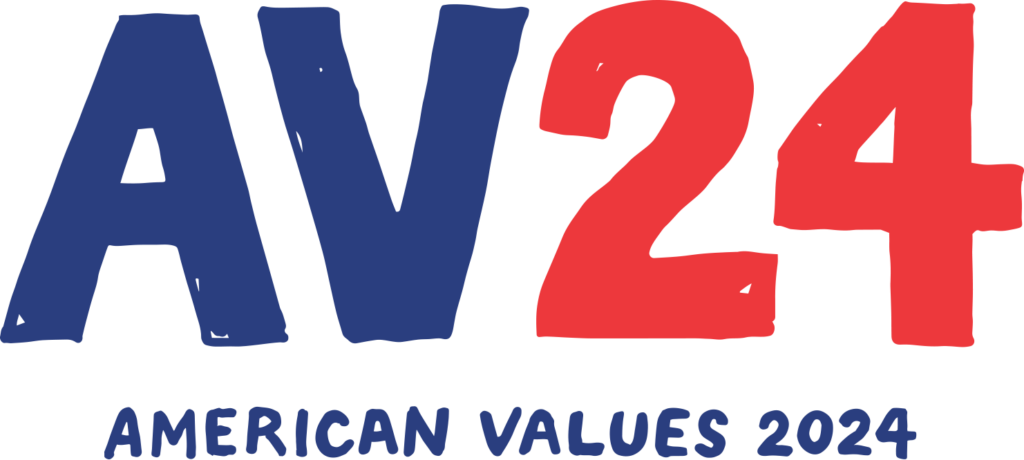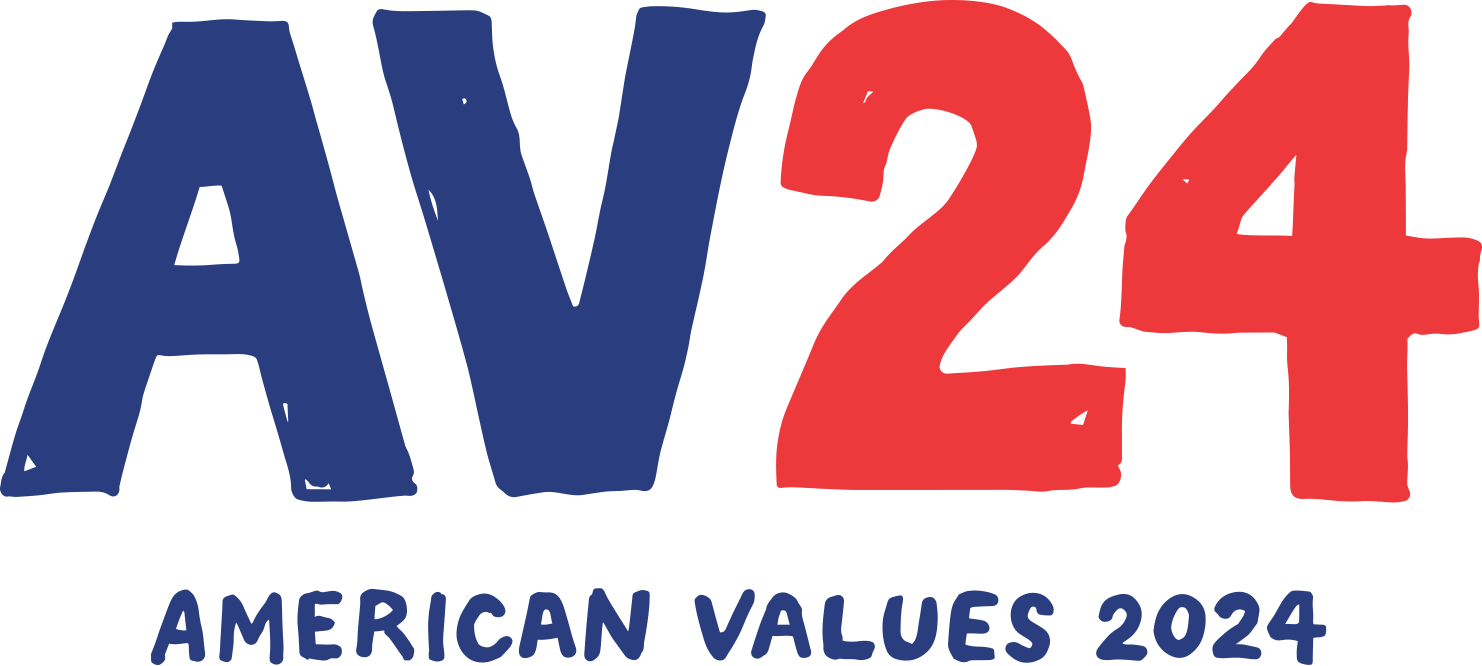Is Free Speech on the Chopping Block? The Murthy v. Missouri Oral Arguments
American Values 2024 | March 20, 2024
By Leah Watson, The Kennedy Beacon
The highly anticipated Supreme Court
Just outside the Supreme Court, in Washington, as the arguments were being presented inside, a rally to reclaim free speech was hosted by Children’s Health Defense (CHD), which had filed an amicus brief with the Supreme Court in advance of the March 18 hearing. Braving the chilly DC weather, protesters held signs proclaiming “Censorship is the tool of tyrants.” The rally featured a number of speakers, including CHD president and attorney Mary Holland, who, as a member of the Supreme Court bar, was privy to the oral arguments.
“The answer to free speech is more speech,” said Holland. In her view, the government has consistently tried to force social media platforms to take down speech that it disagrees with, which is a direct violation of the First Amendment.
(Photos and video courtesy of Children’s Health Defense)
Reflecting on the oral arguments, Holland said, “I was surprised there wasn’t greater outrage at what the government has been doing to censor people on the internet, including Children’s Health Defense and including Robert F. Kennedy Jr.”
On March 19, our colleague Michael Kane at Honest Media covered the slanted way the mainstream media reported on the case, titling his analysis “Mainstream Media Paints a Biased and Narrow View of SCOTUS Hearing on Social Media Censorship.” He enumerated how outlets such as Associated Press, The Washington Post, and ABC News wrote that the SCOTUS decision (which likely won’t be announced until June) will almost certainly come down in the government’s favor – empowering an unfettered collaboration to censor in coordination with social media platforms.
But SCOTUS’s ruling ultimately lies in the hands of the nine Supreme Court justices, not with the press or the hundreds of free speech protesters who gathered in front of the court.
Inside the Supreme Court, conversation was intense. All judges offered passionate opinions, demonstrating the contentiousness of the issue.
Much of the discussion in the hearing centered around the plaintiff Jill Hines, the co-director of Health Freedom Louisiana, who had her tweets removed after re-tweeting a Kennedy tweet that mentioned Tucker Carlson. Shortly thereafter, health groups under Hines’ direction in Louisiana were blocked by Facebook. Hines, speaking at the rally, said that she was there “representing the hundreds of millions of Americans who knew what was happening was wrong, and they went to social media to express their concerns.”
“The greatest arbiter of misinformation is our federal government, and we have rights as Americans to question it every single day,” said Hines, closing her speech at the rally.
The Supreme Court heard the oral arguments at 10 a.m. and the hearing lasted for nearly two hours. Representing the Biden administration was principal deputy solicitor general Brian Fletcher. Arguing on behalf of the states was the solicitor general of Louisiana, Benjamin Aguiñaga.
Fletcher’s argument attempted to make a distinction between government coercion and government persuasion. While government coercion is unlawful, Fletcher maintained that the government has merely been persuasive to social media companies. Additionally, he claimed Hines did not have “standing” as a plaintiff as she cannot prove harm. Thus far, the courts have ruled otherwise, which is why this case made it to the Supreme Court.
Justice Samuel Alito commented on the email communications and the overall relationship between federal agencies and social media platforms like Facebook and X (then Twitter), saying that there is
[c]onstant pestering of Facebook and other platforms and they want regular meetings and they suggest rules that should be applied … and I look at that and thought, wow, I cannot imagine federal officials taking that approach to the print media.
Alito continued, mentioning that the federal government can threaten to remove Section 230 of the Communications Decency Act. Section 230 provides immunity to media sites; they are not responsible for the content posted by users. “It’s got these big clubs available to it,” said Alito, “so it’s treating Facebook and these other platforms like its subordinates.”
Kennedy commented on X about how the Biden administration’s “suggestions” to social media companies were in fact more than that:
Biden admin is arguing its censorship directives were just suggestions. But when they come from someone with the power to destroy your company with regulatory or anti-trust action, they are more than just ‘suggestions.’
Fletcher responded to Justice Alito by arguing that such correspondence between the federal government and social media platforms isn’t uncommon. He said that the government’s main priority during the pandemic was to prevent media sites from “promoting bad information” that might discourage Americans from getting vaccinated.
Advocating for free speech in the oral arguments, Aguiñaga argued that the badgering by the federal government can not be perceived as anything but coercion.
“The government has no right to persuade platforms to violate Americans’ constitutional rights. Pressuring platforms in back rooms, shielded from public view, is not using the bully pulpit at all. That is just being a bully,” said Aguiñaga in his opening statement. He claimed that the government has been secretly coercing social media platforms in an attempt to indirectly achieve what is expressly prohibited by the Constitution: censorship.
Throughout Aguiñaga’s oral argument, he stressed that he is not advocating for the government to stop communicating. He said that these communications must be done in line with the First Amendment. And they must be done without coercion disguised as “suggestions.”
The notion that the First Amendment constrains the government seemed to ruffle the feathers of Supreme Court Justice Ketanji Brown-Jackson, who declared, “The government actually has a duty” to censor speech it deems harmful.
Jackson’s dismissal of the First Amendment was reposted on X by an account named End Wokeness.
It remains to be seen how the Justices will rule in the coming months.
The Murthy v. Missouri case specifically addresses censorship in the digital age. But the promotion of censorship doesn’t seem to be limited to social media platforms.
On March 18, John Leake published on his Courageous Disclosure Substack a commentary on a New York Times piece, “How Trump’s Allies Are Winning the War Over Disinformation.” Leake’s commentary follows the transformation of The New York Times into a publication that “fram[es] most of its propaganda as serving the righteous fight against the evil Donald Trump and his evil ‘far right’ followers.” According to Leake, The New York Times’ piece “sets out to convince formerly good liberals that censorship is a good thing, all it has to do is frame today’s free speech advocates as people who are in league with Donald Trump.”
The Supreme Court’s decision is expected in June of this year. It will have a ripple effect on other cases, such as Kennedy v. Biden. It will also undoubtedly have an effect on the course of the 2024 election, for all political parties.

